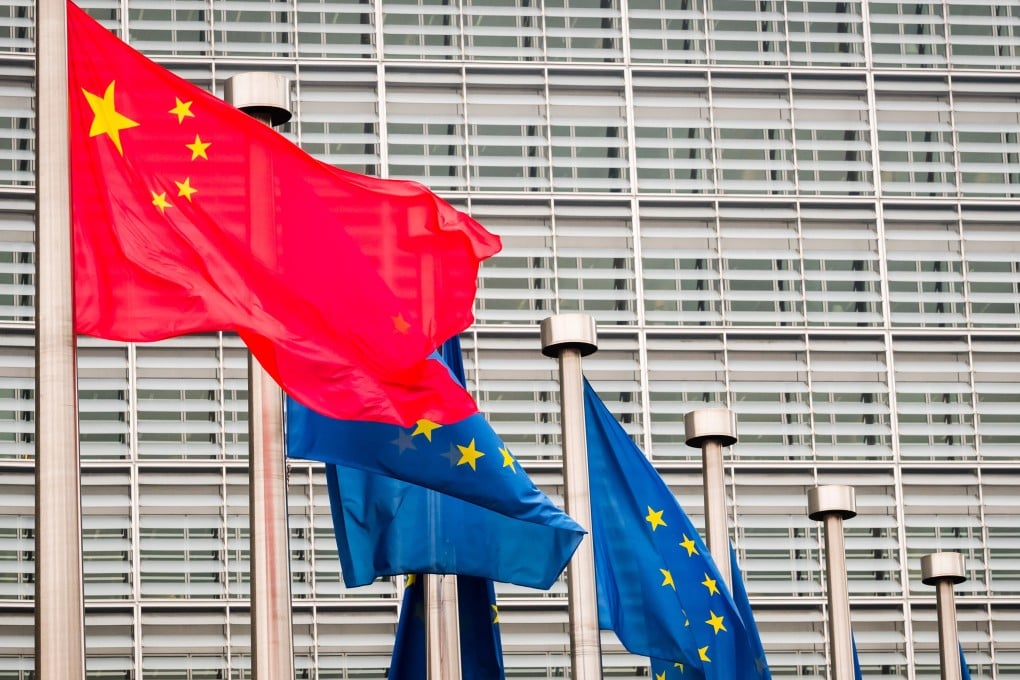Poll points to European disconnect over ‘cold war’ with China
- Think tank says its survey shows hawkish framing by Brussels could repel more voters than it attracts among EU member states
- Results also reveal growing scepticism about Beijing and an unchanged negative perception of Moscow’s intentions

The EU might not have public support for a more hawkish attitude towards China, with a think tank poll pointing to the danger of a “disconnect” between Brussels and European public opinion.
The disconnect could undermine an effective EU response in the event of escalating tensions with China or Russia, according to a report from the European Council on Foreign Relations (ECFR) which conducted the poll.
Across the European Union, 31 per cent of the 16,000 people surveyed said the EU was probably or definitely in a cold war with China, while only 15 per cent of respondents felt the same was true of their own countries.
A total of 63 per cent said they believed a new cold war was developing between China and the United States, according to the poll results released on Wednesday.
The ECFR said its polls revealed growing scepticism about Beijing and an unchanged negative perception of Moscow’s intentions.
But it also warned that the view the EU was the institution “best placed to defend their interests and values” rather than national governments, carried the risk that Europeans could see Brussels as “insulating” them from the “troubling problems” of the modern world.
“So far, it is only European institutions rather than European publics that are ready to see the world of tomorrow as a growing system of competition between democracy and authoritarianism,” the ECFR said in the report “What Europeans think about the US-China Cold War”.